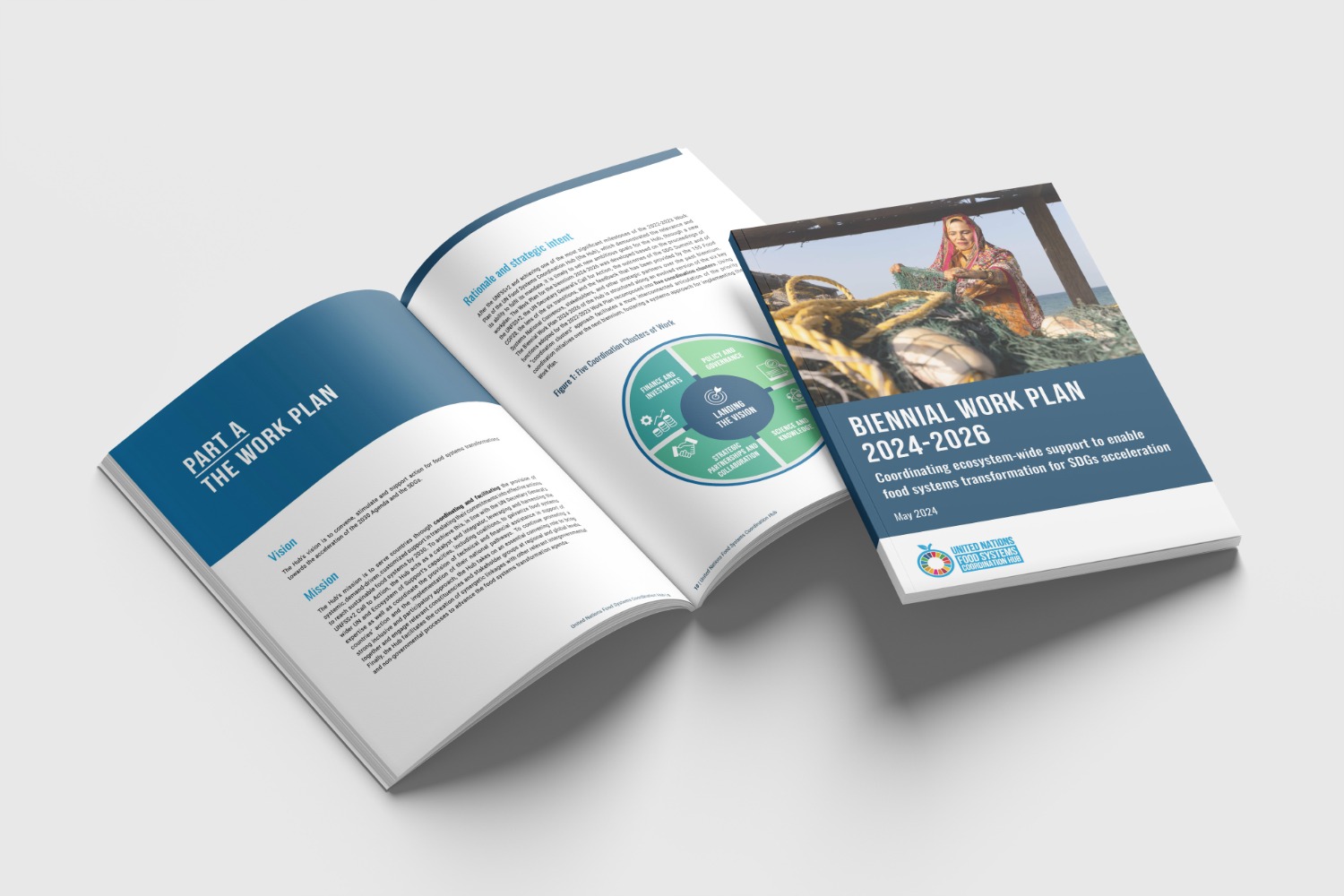SEED FUNDING JOINT PROGRAMMES
Jordan
Transforming Jordan's Agri-food System towards greater sustainability and resilience



PROJECT TITLE | Transforming Jordan's Agri-food System towards greater sustainability and resilience |
| Context | Since 2021, Jordan has placed food security and system at the forefront of its developmental goals with the adoption of the National Food Security Strategy (NFSS) for 2021–2030. The NFSS envisions access to safe, affordable, and nutritious food for all by 2030. The 2022-2024 National Food Security Action Plan for the implementation of the NFSS prioritizes food availability, improved access to and better utilization of food, and strengthening governance mechanisms. |
| PUNOs | FAO, UNIDO |
| Contribution to SDGs | SDG 2 Zero Hunger, SDG 8 Decent Work and Economic Growth |
| Contribution to other SDG transitions | Decent Jobs and Universal Social Protection |
| Duration | September 2024 – August 2025 |
| Expected financial leverage | USD 30,000 – co-financing from FAO, UNDO, MoA |
| Alignment with SG Call to Action | Policy integration; Food systems governance; Research, data, technology and innovation; Inclusive and participatory design; Private sector engagement; Financing |
| Outcomes | The JP strengthens the government’s capacity to identify and implement strategic programs that deliver positive outcomes across multiple dimensions of food systems, including production, post-harvest, processing and distribution. The JP emphasizes the inclusion of refugees, women and youth in food systems. |
| Partners |
|
| Outputs |
|
M&E
Investment plans
Inclusivity
The Biennial Work Plan 2024-2026

31/05/2024
Following the Hub’s 2022-2023 Biennial Work Plan, the new Work Plan of 2024-2026 reaffirms the mission of the Hub to focus on serving countries through coordinating and facilitating the provision of systemic, demand-driven, customized support in translating their commitments into effective actions to reach sustainable food systems by 2030. The emphasis remains on concretely facilitating the coordination of support to countries in collaboration with agencies supporting the Hub at HQs, regional and country levels, the wider UN System, Resident Coordinators (RCs), UN Country Teams (UNCTs), and the national Ecosystem of Support (EoS) to ensure profound and sustainable impact.
This Work Plan is structured along an evolving version of key functions adopted for the 2022-2023 Work Plan recomposed into five coordination clusters. This “coordination clusters” approach facilitates a more interconnected articulation of the priority coordination initiatives over the next biennium, fostering a systems approach.
This Work Plan is structured along an evolving version of key functions adopted for the 2022-2023 Work Plan recomposed into five coordination clusters. This “coordination clusters” approach facilitates a more interconnected articulation of the priority coordination initiatives over the next biennium, fostering a systems approach.
